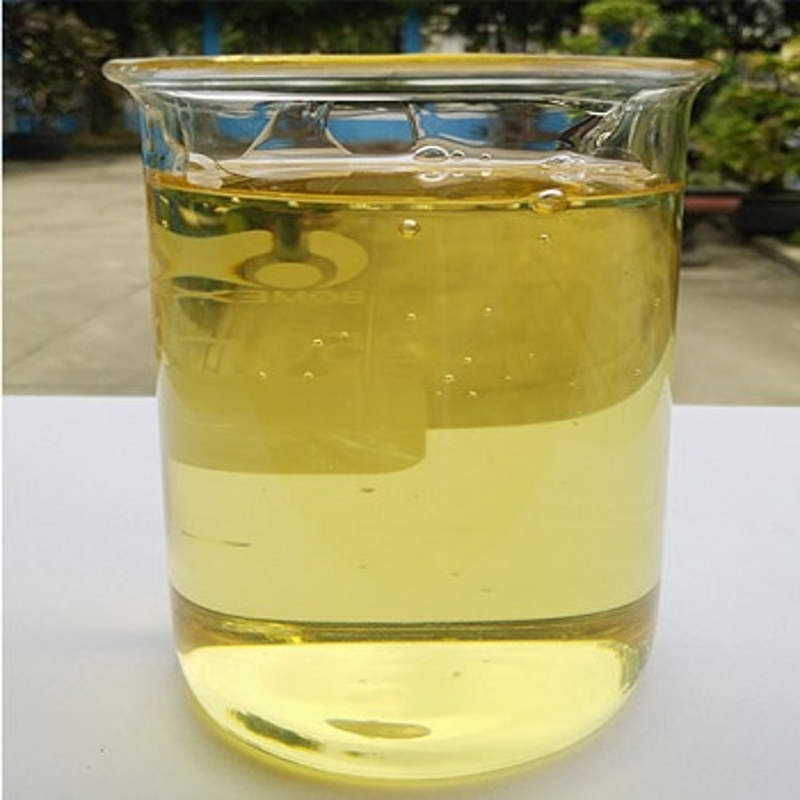-
Categories
-
Pharmaceutical Intermediates
-
Active Pharmaceutical Ingredients
-
Food Additives
- Industrial Coatings
- Agrochemicals
- Dyes and Pigments
- Surfactant
- Flavors and Fragrances
- Chemical Reagents
- Catalyst and Auxiliary
- Natural Products
- Inorganic Chemistry
-
Organic Chemistry
-
Biochemical Engineering
- Analytical Chemistry
- Cosmetic Ingredient
-
Pharmaceutical Intermediates
Promotion
ECHEMI Mall
Wholesale
Weekly Price
Exhibition
News
-
Trade Service
Recently, the research team of the Electrochemical Thermophysics Laboratory led by Professor Jiao Kui of Tianjin University published a 9-page prospective article in Nature to provide a new generation of ultra-high power density fuel cell engine theory and design.
Up the direction
.
The Jiao Kui team looked forward to the goal of a new generation of ultra-high power density fuel cell, and clearly pointed out the development route of each component and its contribution to the performance improvement
.
The team’s vision for the design of a new generation of fuel cell engines is based on the model prediction system and industry-university-research conversion experience of the Tianjin University fuel cell research team
As an important part of the social layout of hydrogen energy, the most important issue in the development of fuel cell devices is the improvement of their performance
.
At present, relevant agencies in many countries and regions have put forward clear development plans for fuel cells.
According to the above plan, in the next 10 years, the power density of the fuel cell stack will be increased to 6-9 kilowatts/liter
.
At present, the world's more advanced mass-produced fuel cell model (Toyota MIRAI-2021) can achieve a stack power density of 4.
Judging from the development history of the past 20 years, the design of a new generation of fuel cells will rely heavily on the development of related energy materials and the optimization of their internal processes.
However, the multi-scale complex structure and physical and chemical processes in the fuel cell have brought huge challenges to this
.
The team of researchers said that the contribution of bipolar plates and membrane electrodes to the future power density increase is about 30% and 70%, respectively, and each component needs to be optimized together to achieve the goal
.
They also proposed that integration and ordering are two important directions for future design
Imagine a new type of electric car that can be filled with hydrogen fuel in 5 minutes, without waiting for several hours for charging, and has a cruising range of more than 800 kilometers, but only pure water is emitted
.
This sounds incredible.
The fuel cell engine that uses hydrogen energy has become the most attractive and most likely clean energy power plant in the transportation field to achieve industrialization and commercialization
.
At present, major international auto companies including Toyota and SAIC have launched mass-produced fuel cell vehicle models, and the entire industry is in a stage of rapid growth







